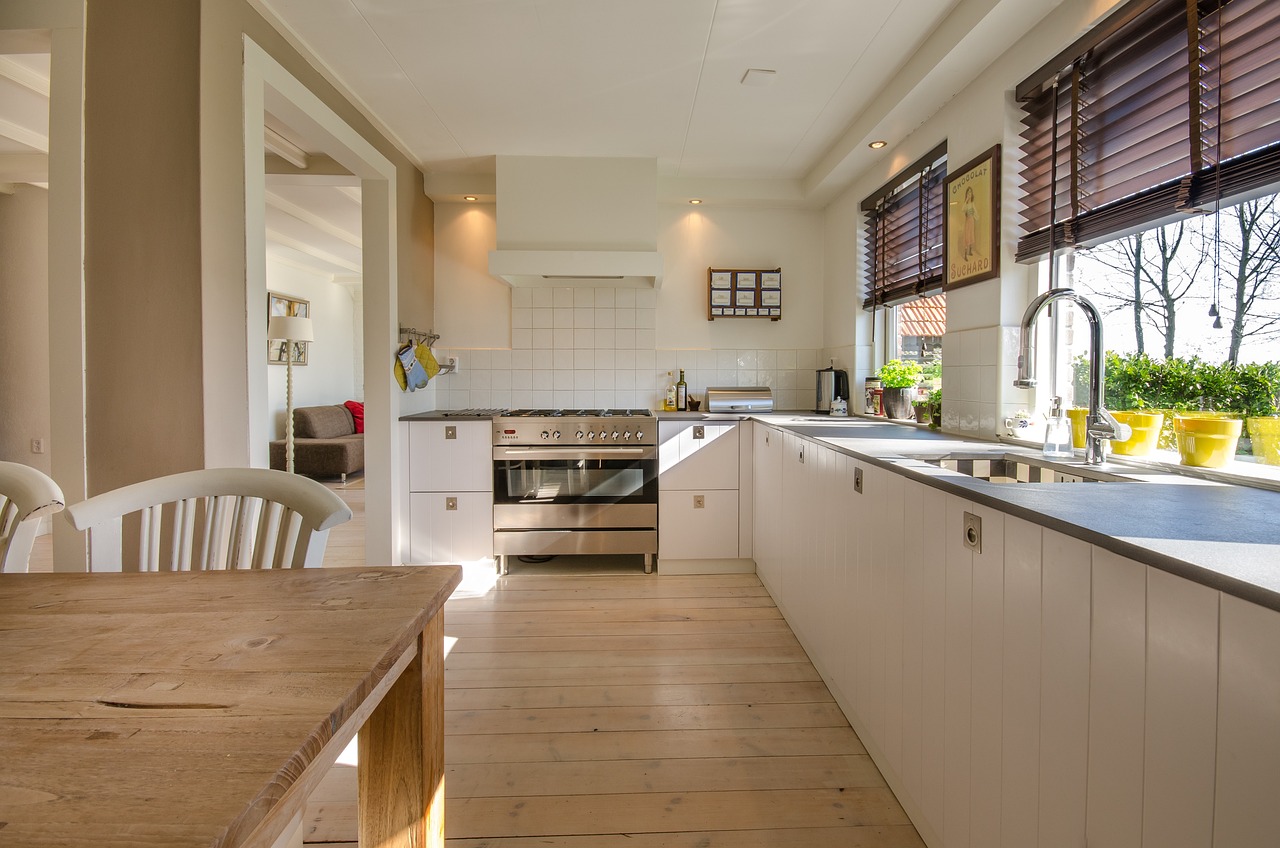Silestone quartz countertop is engineered surfaces made primarily of quartz, combined with resins and pigments to create durable, non-porous countertops. They stand out for their low silica content and sustainable production process, which includes using recycled materials and renewable energy.
They offer a balance of strength, style, and sustainability that makes them a practical choice for kitchens and bathrooms. Their consistent appearance and resistance to stains and scratches make them appealing for both residential and commercial spaces.
In addition to durability, Silestone provides a wide range of colors and finishes, allowing for versatile design options. This combination of performance and aesthetics positions Silestone as a leading option in the quartz countertop market.
Silestone Quartz Countertop Features
Silestone countertops are engineered to balance aesthetics, strength, and sustainability. They combine advanced materials and technology to deliver consistent quality and design versatility. The surfaces also offer notable resistance properties essential for kitchen and bathroom use.
Material Composition
Silestone is composed mainly of about 90% natural quartz, one of the hardest minerals found in nature. The remaining 10% includes resins, pigments, and recycled glass fragments, which enhance the surface’s color and pattern options while maintaining structural integrity.
Notably, Silestone uses HybriQ+ technology to reduce crystalline silica content significantly, improving safety during manufacturing and installation. The production process is eco-conscious, utilizing 99% reused water and 100% renewable electric energy. Each slab contains a minimum of 20% recycled materials, making it more sustainable than traditional quartz surfaces.
Color and Finish Options
Silestone offers a wide variety of colors and finishes, ranging from natural stone looks to vibrant contemporary hues. The palette includes over 50 styles, allowing homeowners and designers to match various aesthetics, from subtle neutrals to bold statements.
Finish options typically include polished, suede (matte), and volcano (textured) surfaces. These finishes maintain consistent color throughout the slab, which means no noticeable differences in pattern or tone. This consistency helps avoid the imperfections often found in natural stone.
Durability and Resistance
Silestone countertops are highly durable due to their quartz-based composition, which ranks as the fourth hardest mineral. They resist scratches, chips, and cracks better than many natural stone surfaces.
Their non-porous nature makes them resistant to stains from common household substances like wine, coffee, and oils. Silestone also withstands heat moderately well but requires proper care to avoid damage from very hot pots or pans.
Additionally, the engineered surface resists bacterial growth, making it suitable for hygienic environments such as kitchens and bathrooms. It requires low maintenance, needing only mild soap and water for cleaning.
Silestone Quartz Countertop Installation and Maintenance
Silestone quartz countertops require precise installation and straightforward maintenance to maximize their performance and appearance. Proper handling during installation and routine cleaning are essential to keep the surface durable and visually appealing. Warranty terms also play a significant role in protecting the investment.
Installation Considerations
Silestone countertops must be installed by experienced professionals familiar with quartz materials. Proper handling of joints, edges, and backsplashes is critical to ensure seamless alignment and a secure fit. Installers should follow manufacturer guidelines strictly, including correct adhesive types and curing times.
The material’s weight and fragility during transport and installation demand care to avoid chipping or cracking. It is available in different thicknesses, typically 1.2 cm to 3 cm, which influences the support structure beneath. Measuring the space accurately before ordering the slab minimizes material waste and fit issues.
Cleaning and Care Best Practices
Routine cleaning requires only mild soap and warm water, applied with a soft cloth. Avoid harsh chemicals or abrasive tools that can damage the surface. A pH-balanced household cleaner, such as Dawn or Windex, can be used safely.
Silestone is resistant to stains and scratches but not impervious. Spills should be wiped promptly to prevent any potential damage. Regular cleaning maintains the surface’s shine and hygiene without special sealants or treatments.
Longevity and Warranty
With proper care, Silestone countertops can maintain their quality for many years, as quartz is highly durable. The combination of natural quartz and resins makes the surface resistant to heat, scratches, and stains compared to other stone materials.
Most Silestone installations come with a 1-year labor warranty alongside product warranties that often cover defects for longer periods. Users should verify warranty details at purchase and ensure installation is performed by authorized professionals to maintain coverage.
